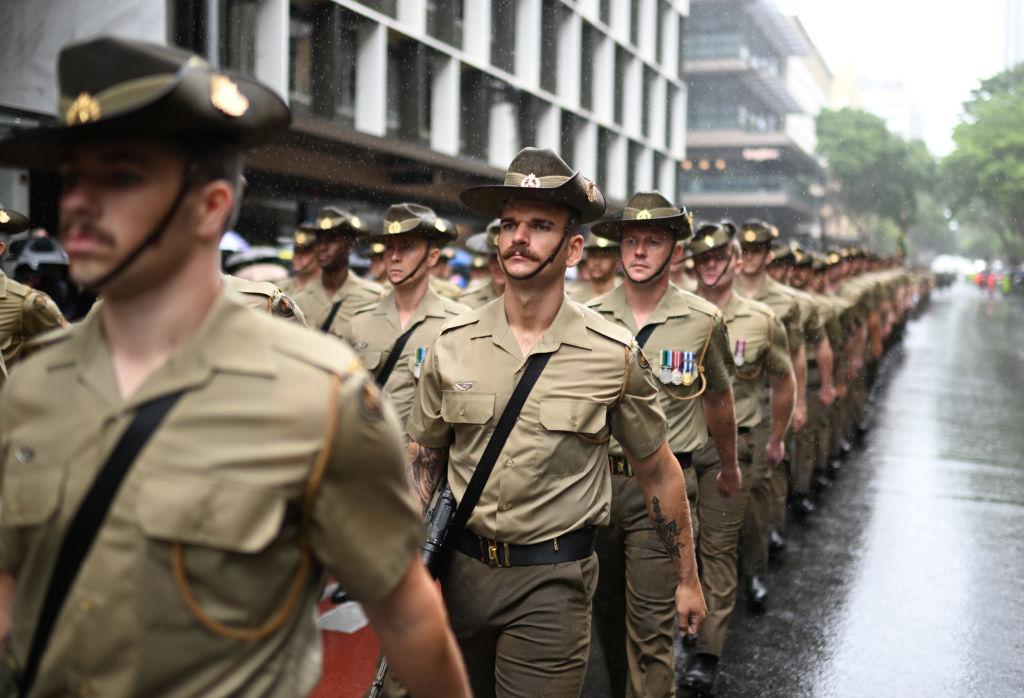An Australian Army officer with 19 years of service has been stripped of his security clearance in a decision upheld by the Administrative Review Tribunal, which found he had “divided loyalties” between Australia and Israel and posed an “unacceptable and avoidable risk to security” as a result.
The Tribunal accepted there was no evidence of acts of foreign interference or espionage as a result of the man’s actions but that something of that nature remained a “possibility we are satisfied is real and not so remote it should be discounted.”





